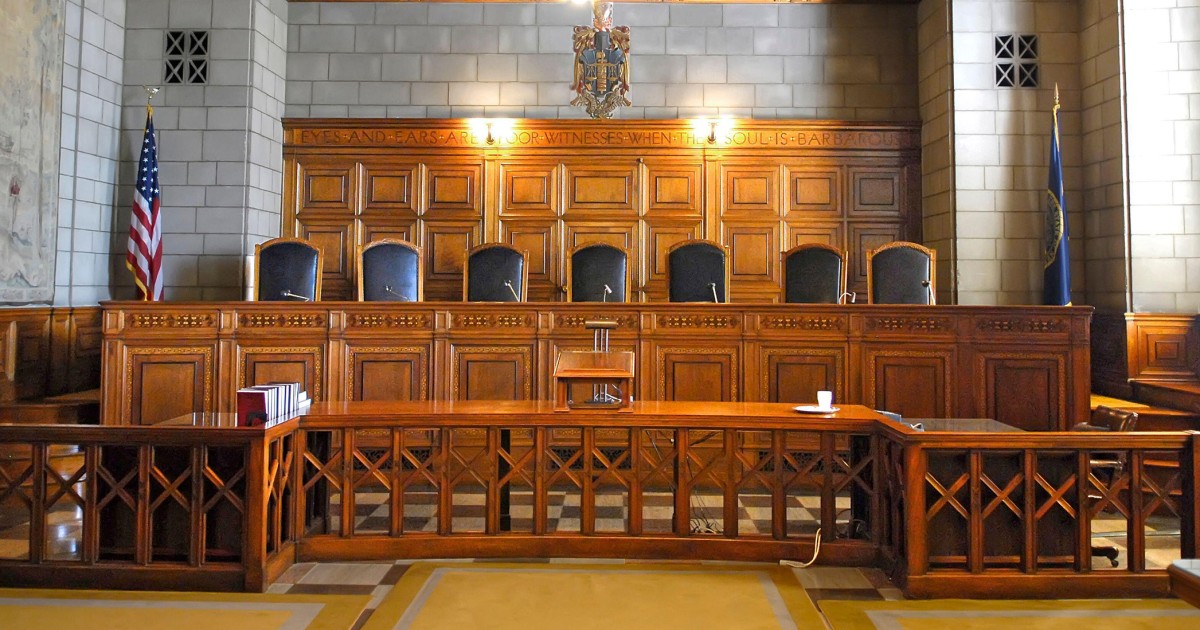With all the voting rights litigation mounting in courts ahead of the 2024 election, another important case to watch is unfolding in Nebraska. The state Supreme Court just heard arguments over whether people with felony convictions can vote.
Continuing a well-known theme, the case stems from Republican court efforts to seek political advantage over Democrats at the ballot box.
The case had a more bipartisan origin, when state lawmakers passed legislation in April to allow people with felony convictions to vote after they’ve completed their sentences. The new law built on a 2005 law that let people with felony convictions vote two years after they’ve completed their sentences.
But just before the new law was set to take effect last month, Nebraska’s Republican attorney general, Mike Hilgers, opined that both laws are unconstitutional, reasoning that only the state pardons board, not the legislature, can restore voting rights.
And who’s on that pardons board? That would be Hilgers, Republican Secretary of State Bob Evnen and the state’s Republican governor, Jim Pillen, who didn’t veto the new law but nonetheless expressed constitutional concerns and encouraged Hilgers and Evnen to “promptly” look into it. Backed by Hilgers’ legal opinion, Evnen told election officials not to register people with felony convictions to vote if they hadn’t been pardoned.
The court heard oral argument on Wednesday, and its decision carries vast implications. The ACLU, which argued the case on behalf of would-be voters, told the state top court in a filing ahead of the hearing that
Secretary Evnen’s actions, taken less than four months before a presidential election, have dramatically upended two decades of settled election law and created chaos, confusion, and uncertainty in Nebraska’s electoral process. Thousands of Nebraskans whose right to vote has been restored by the Legislature have been swiftly and unilaterally disenfranchised by the Secretary of State.
The implications of the court’s impending ruling could be national: While Nebraska has historically voted Republican, like Maine it doesn’t use a winner-take-all system for its five Electoral College votes. Rather, the winner of the popular vote gets two and then the other three are split among its congressional districts. That led Joe Biden to pick up one of them in 2020, from the competitive Omaha-area district, which Barack Obama also won in 2008.
Subscribe to the Deadline: Legal Newsletter for updates and expert analysis on the top legal stories. The newsletter will return to its regular weekly schedule when the Supreme Court’s next term kicks off in October.


Leave a Reply